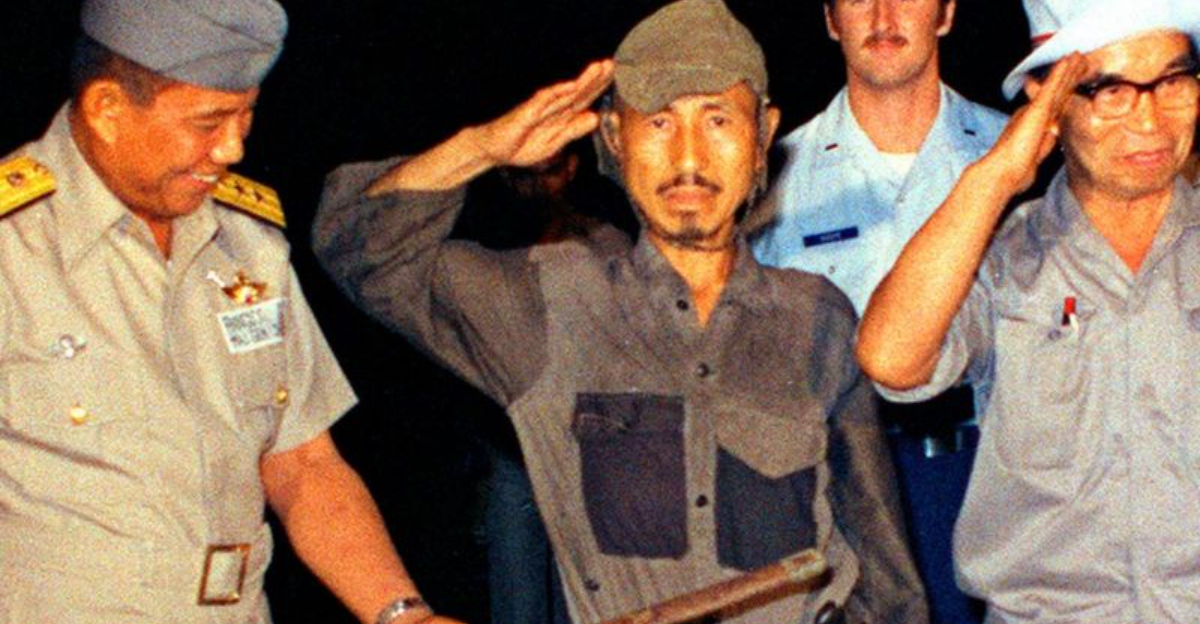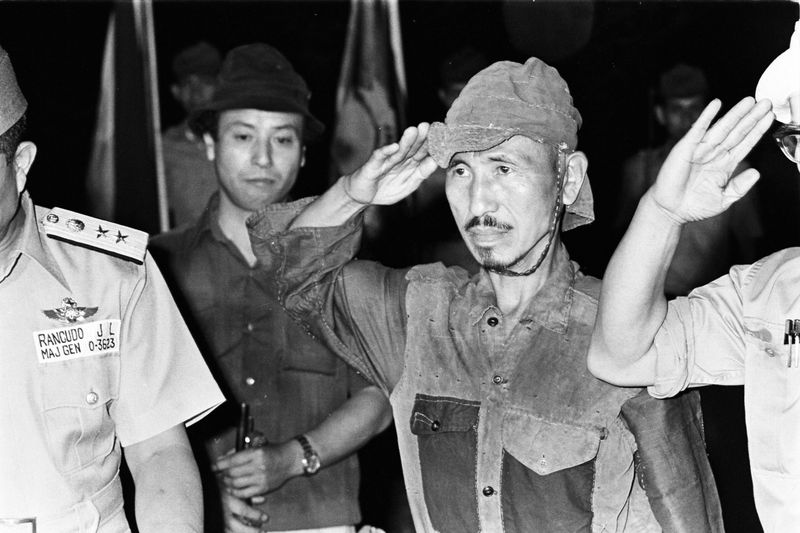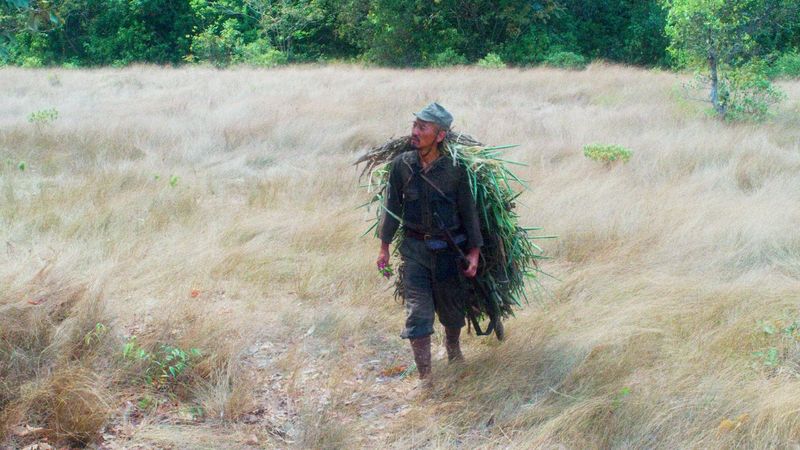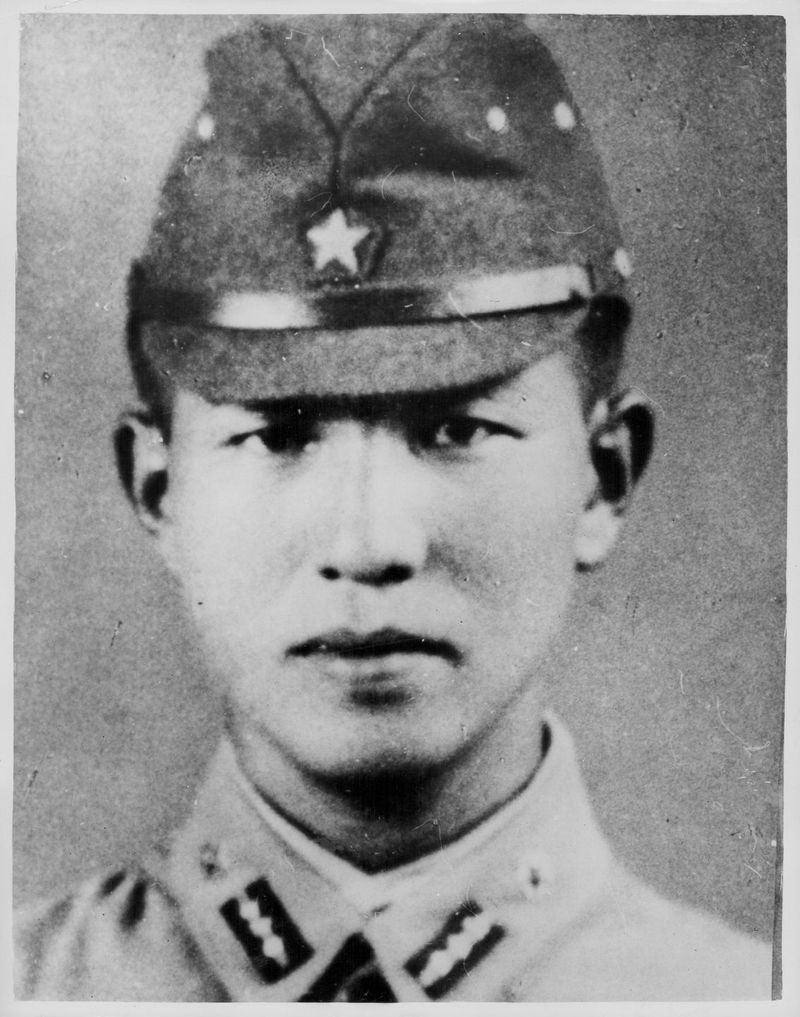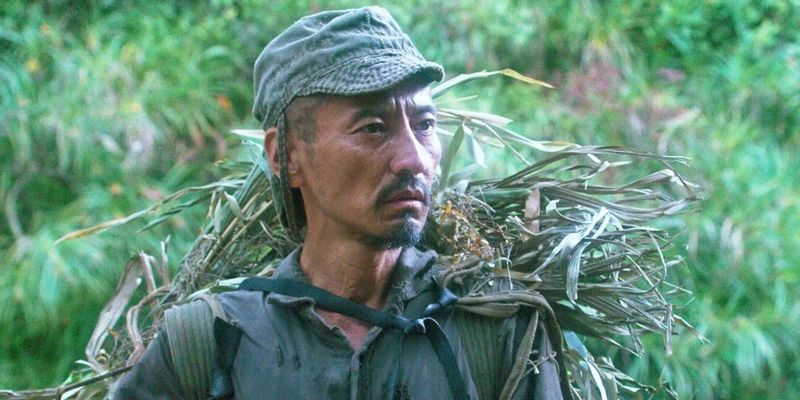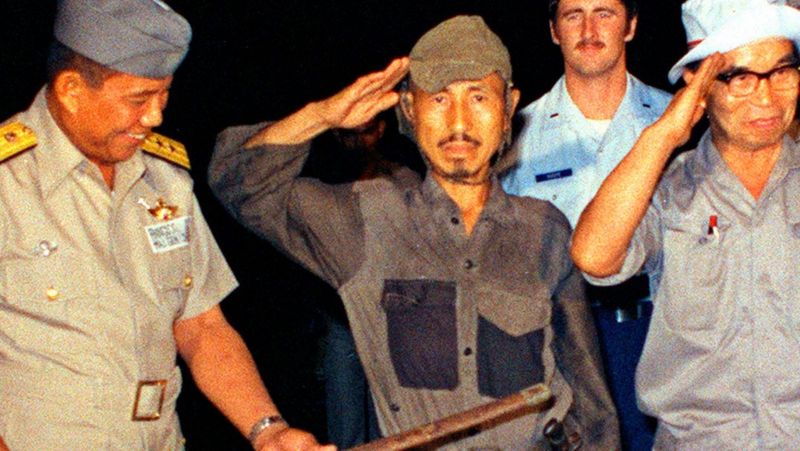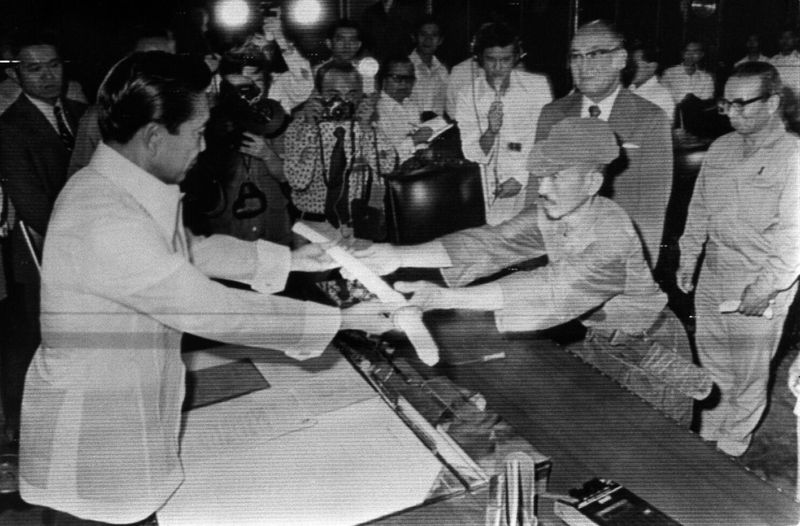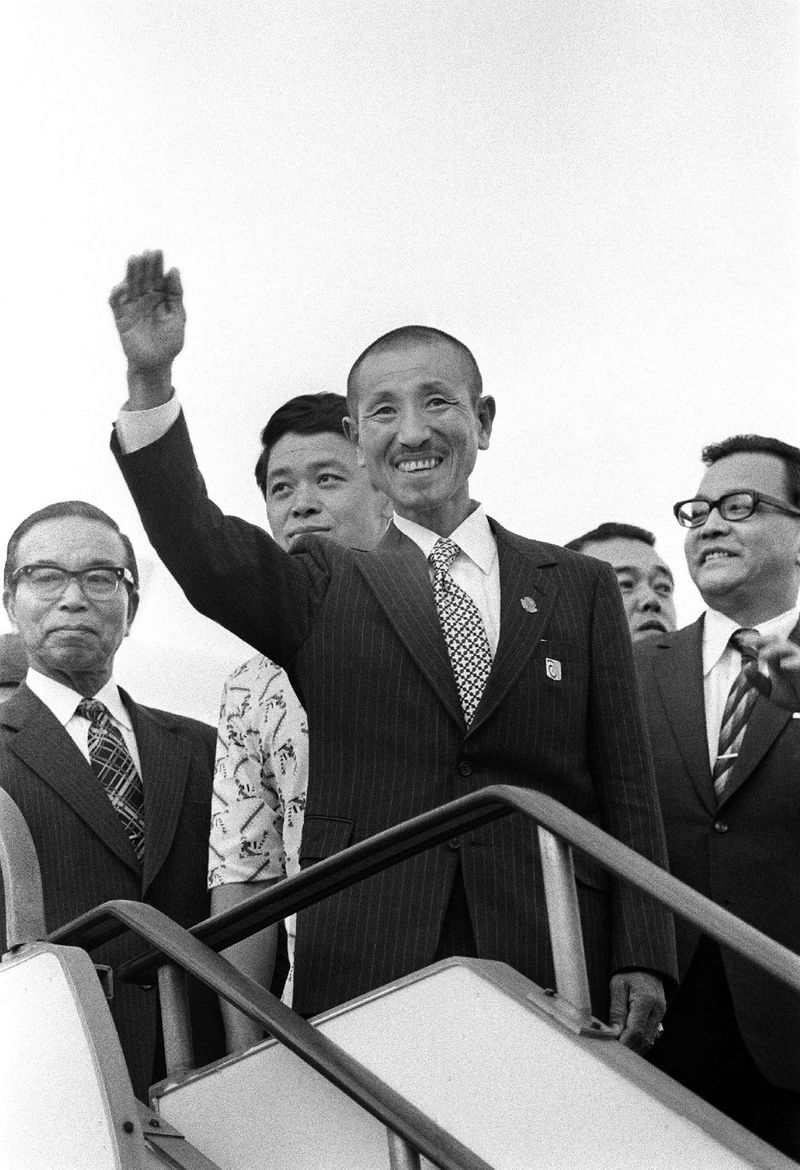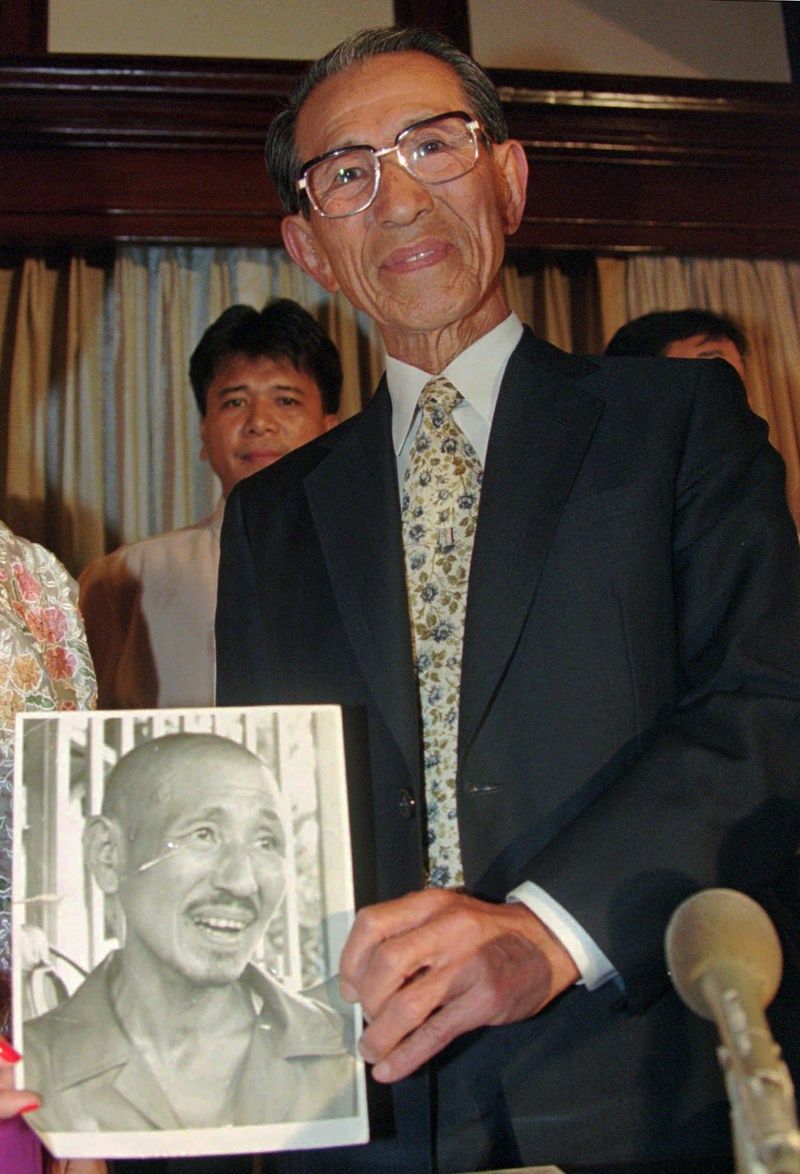Hiroo Onoda’s story is one of extraordinary perseverance, loyalty, and the complex consequences of war.
Stationed in the Philippines during World War II, Onoda continued to fight long after the conflict ended, a symbol of unwavering duty and personal honor.
Here are 8 captivating facts about this remarkable soldier.
1. World War II Service
Hiroo Onoda served as an intelligence officer during World War II, stationed on Lubang Island. His mission was to conduct guerrilla warfare and disrupt enemy operations. Onoda’s orders were to hold the island at all costs.
With the Japanese forces losing ground, his role became ever more critical. The dense jungles provided a perfect cover for his operations. Despite the challenges, Onoda remained committed to his duties.
He took advantage of the island’s natural resources, using the environment to his benefit. This dedication to his mission would later define his story in history’s annals.
2. Continued Fighting
Despite Japan’s surrender in 1945, Onoda continued his mission, convinced that the war was ongoing. His unwavering commitment to his orders meant he could not accept defeat. Onoda’s persistence was born from a deep sense of loyalty and duty.
He believed that as long as he continued fighting, he honored his country and superiors. For him, surrendering was not an option, as he feared it would bring shame.
This mindset kept him in the jungles of Lubang Island, fighting a war that had long since ended.
3. Guerrilla Warfare
For nearly three decades, Onoda maintained a guerrilla campaign in the dense jungles of Lubang Island. His survival skills and adherence to outdated wartime orders were key. Onoda’s ability to adapt to the environment was remarkable.
He lived off the land, using every available resource to sustain his operations. Through guerrilla tactics, he managed to elude capture, believing he was fulfilling his duty.
His story exemplifies the resilience of the human spirit when driven by a strong sense of purpose.
4. Isolation from Reality
Onoda’s isolation from the outside world contributed significantly to his prolonged resistance. Without access to modern communications, he relied solely on his initial orders.
The lack of information entrenched his belief that the war was ongoing. His loyalty to his superior’s orders knew no bounds.
This disconnection from reality allowed him to continue his mission, undeterred by the truth. Onoda’s story underscores the profound impact of isolation and unwavering duty.
5. Relief and Surrender
In 1974, Onoda’s former commanding officer traveled to Lubang Island to relieve him of his duties. The meeting was poignant, filled with respect and understanding. Upon hearing the orders directly from his superior, Onoda finally surrendered.
It was a moment of closure, ending nearly three decades of isolation. His return to civilization was both celebrated and surreal.
Onoda’s surrender was not just the end of his personal war but a testament to the power of human connection and the fulfillment of duty.
6. Symbol of Loyalty
Hiroo Onoda became a symbol of loyalty and dedication, his story resonating deeply with many. His refusal to surrender transformed into a narrative of personal honor.
People admired his dedication, viewing his actions as a testament to the power of military indoctrination. Onoda’s story raised questions about the nature of duty and loyalty.
He embodied the spirit of a soldier who remained true to his mission, despite overwhelming odds. His life is a powerful reminder of the impact of unwavering commitment to one’s beliefs.
7. Life After Surrender
After returning to Japan, Onoda’s life took on a new dimension. He was welcomed as a hero, though opinions about his actions were divided. Some saw him as a figure of honor, while others debated the implications of his prolonged war.
Despite this, Onoda sought a peaceful life. He dedicated his time to educating others about his experiences. His life after surrender was marked by reflection and a desire to contribute positively to society. Onoda’s story remains an inspiration to many.
8. Legacy
Hiroo Onoda’s legacy is one of perseverance and the enduring effects of wartime orders. His story continues to captivate audiences worldwide. The lessons from his experience offer insights into human resilience and the complexities of war.
Onoda’s life challenged perceptions of loyalty and duty. His tale is preserved in books, documentaries, and memorials, where people reflect on his extraordinary journey.
Onoda’s legacy is a tribute to the enduring human spirit and the powerful impact of history on individual lives.
